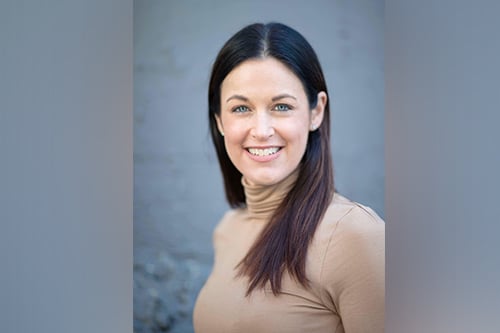

Reaching your target audience in modern times has become both easier, and more difficult. Social media has allowed adverts, blogs and posts to be shared and read across the world in record time, but in an era of constant information bombardment, picking your platform is becoming increasingly important – as is your grasp of your target audience.
According to Debbie Lowe, marketing and communication executive at Crombie Lockwood, using things like data insights and AI may yield some unintended unconscious bias, and so marketers need to be increasingly mindful of how they target their intended demographic.
“We are increasingly using data insights to drive our strategy and execution,” Lowe said. “This applies whether we are using AI, working with an analytics team to apply the right logic to our data to produce meaningful campaigns, or programming our CRM with automation to best service our clients along their journey’s with us.”
“We need to be mindful that all of these things open themselves up to unconscious bias,” she explained. “An example of this in our space is the targeting of business decision makers. It’s no longer men who are decision makers in the business, many of our segments have strong female representation and very diverse age ranges and ethnicities, and reaching them doesn’t necessarily align to what our traditional assumptions and marketing choices may be.”
Lowe says that New Zealand marketers should take particular note that the vast majority of businesses are SMEs, and business owners won’t fall neatly into one particular gender, age or ethnicity demographic. This may mean dispensing with marketing through ‘traditional’ channels and turning attention more towards tools like social media.
“There are lots of small businesses run by people from home, and they’re balancing childcare with work – so you have to be careful not to have that bias, and assume that all business owners and decision makers are men, or lie within a certain age range,” Lowe said.
“We should also question traditional assumptions of how we go about reaching those people. It may no longer be through business press, so we need to be cognizant that technology and social media has changed. The latter has really become a great way of reaching the people we target.”
“Segmentation still has its place, however to be truly successful and representative in our marketing efforts, we need to continue to evolve our thinking,” Lowe concluded.
“We must be ready to embrace the opportunities that emerge outside of these defined groups; people and markets are more diverse than they have ever been.”
Debbie Lowe was the winner of Marketing and Comms Executive of the Year at the inaugural Women in Insurance Awards.
